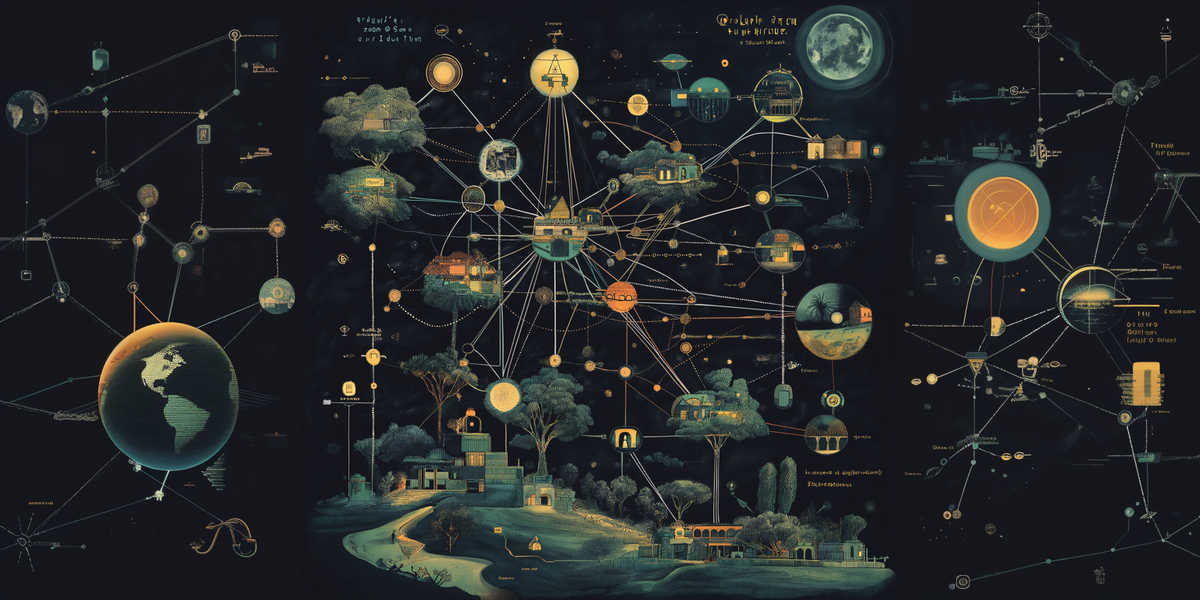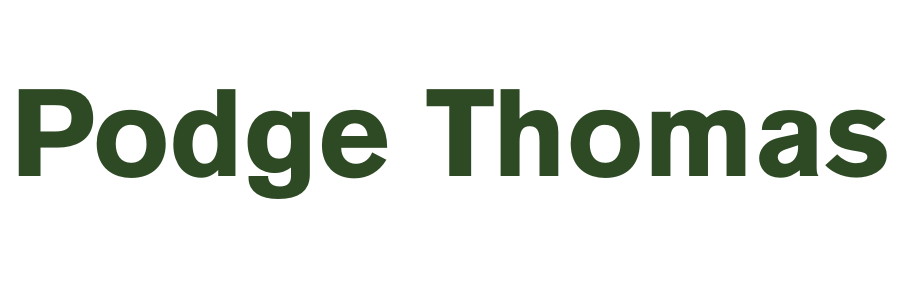Digital Gardening: the gentle experiment that reignited my curiosity

I just started experimenting with something called Digital Gardening and it's making me feel like a student again (in the best way)
At the risk of sounding like too much of a Gen Xer (don’t come for us though) I feel strongly that the digital revolution really did a number on all of us.
Specifically, the algorithm killed the internet weirdness of the 00s and stole our attention with the domination of social media. Fast forward to middle-age and what is arguably the beginning of the apocalypse and I continue to struggle to intentionally consume what the internet has to offer. Let me spell it out: I scroll too much, it takes me 6 months to read a bookbook and my curiosity is dead.
In my pursuit of creating the conditions for ideal adult learning and overcoming educational trauma, I’ve tried countless ways to reignite my own curiosity and uncover supportive systems only to return to the cycle of reading articles, watching videos, or listening to podcasts and then losing that information to the void of my overstimulated brain.
I'd bookmark things with the best intentions, telling myself I'd "come back to this later" - which, let's be honest, meant never. Or I'd get really excited about an idea while reading, only to completely forget what sparked that excitement by the time I closed my laptop.
My brain felt like a leaky bucket - constantly filling up with information but nothing actually staying put. I was consuming content but not actually doing anything with it. And for someone whose work is all about helping people become their own best teachers, this felt particularly frustrating.
Then, a few months ago I came across this video about Digital Gardening, instantly resonated with it and began experimenting in Notion (duh) to see if I liked it and it could work for me.
I’m still exploring and playing around and there’s nothing progressively linear about this journey but already, it’s changing how I interact with information entirely. Instead of passive consumption, I'm intentionally choosing what to engage with even more exciting, I’m learning how to be curious again by allowing myself to go down rabbit holes and just have fun. And because I have a system in Notion that I built, instead of information disappearing, I'm actually connecting ideas in ways that surprise me.
Here's how digital gardening works (and why your brain will thank you for it):
What it is and when to use it: Digital gardening is essentially creating a curated space where you actively process information instead of just consuming it. Instead of reading an article and moving on, you capture it in a system where you can take notes, make connections, and tag it with themes that matter to your work. I do this whenever I come across something that sparks even mild curiosity - articles, videos, podcast episodes, even random thoughts that pop up during client calls.
The framework that makes it work: The key is having a simple template that guides you to engage with the content rather than just storing it. In my Notion setup, I use the Notion clipper (a Chrome extension) to save things to a database, then I have a template that prompts me to: summarize the main idea in my own words, note what specifically caught my attention, write a few sentences or paragraphs that are decontextualized from the source and tag it with themes related to my work and interests.
What this looks like in practice: Instead of just saving an article about adult learning and forgetting about it, I might tag it with "educational trauma," "neurodivergence," and "systems thinking.", highlight the ideas the grab me and write a couple of paragraphs that connect these ideas to other things I’ve been thinking about, writing about or working on. A few weeks later, when I'm working with a client or writing a newsletter, I can quickly find not just that article, but everything else I've collected around those themes. It's like having a conversation with my past self about ideas that matter.
The unexpected benefit: The tagging process itself has become a form of reflection. When I'm deciding how to categorize something, I'm forced to think about why it matters to me and how it connects to my work. It's turned information consumption from a passive scroll into an active practice of curiosity.
The thing about building your own digital garden is that it needs to feel novel yet achievable.
Most creative entrepreneurs don't have a systematic way to actually learn from the content they consume (so it's novel), but setting up a basic digital gardening practice can be done in about an hour with tools you probably already use (so it's achievable).
Your digital garden doesn't need to be some elaborate knowledge management system with complex linking structures and perfectly organized hierarchies. It can start with a loose framework that simply helps you engage with information more intentionally.
As I've been experimenting with this, I've noticed that the magic isn't in having the perfect system - it's in having any system that makes you pause and think about what you're consuming. The act of processing, even imperfectly, changes everything.
Here's what I've learned works: Start stupidly simple. Pick one place where you'll collect things (I use Notion, but it could be a Google Doc or even a physical notebook). Create a basic template with three parts: capture the main idea, note why it caught your attention, and then - this is the crucial third step - write down your own decontextualized thoughts about how this connects to other things that matter to you.
These decontextualized notes are where the real value lives. They're your unique thoughts, sparked by what you're reading but not confined to it. They become the raw material for client work, blog posts, or just deeper understanding of your own thinking patterns.
Your first action: The next time you read something that makes you think "huh, interesting," don't just bookmark it. Take five minutes to capture the idea, note why it grabbed you, and then spend another few minutes writing down whatever connections or thoughts it sparks - even if they seem unrelated to the original content. These wandering thoughts might become your next breakthrough insight.
Here's what I'm seeing so far:
The most surprising result has been how much more curious I've become. Instead of skimming through my usual feeds on autopilot, I find myself genuinely asking "What about this matters to me?" It's like switching from channel surfing to actually choosing what to watch.
One participant from my recent workshop series put it perfectly:
I really love the idea of having a curated digital space where I can go when I want a certain type of brain stimulation. I can't wait to play more with my digital garden. I think it's going to help me understand myself and my consumption habits better, as well as how those consumption habits contribute to my own ideation.
That last part - understanding how consumption habits contribute to ideation - that's exactly what I'm experiencing too. Those decontextualized notes I mentioned? They're becoming the foundation for client insights I never would have made before. Connections between articles about learning theory and observations about my own business patterns are showing up in ways that feel almost magical.
The thing that didn't work: I initially tried to make my tags super specific and organized. Big mistake. It became another system to maintain rather than a tool for thinking. Now I keep my tags loose and intuitive - if it feels relevant to tag something with "brain stuff" instead of "cognitive psychology," I go with brain stuff.
Want to experiment with your own digital garden? Start with whatever tool feels most natural to you and those three simple prompts. If you try it out, I'd love to hear what surprises you about your own thinking patterns. Sometimes the most valuable insights come from noticing what we're actually curious about when we pay attention.




